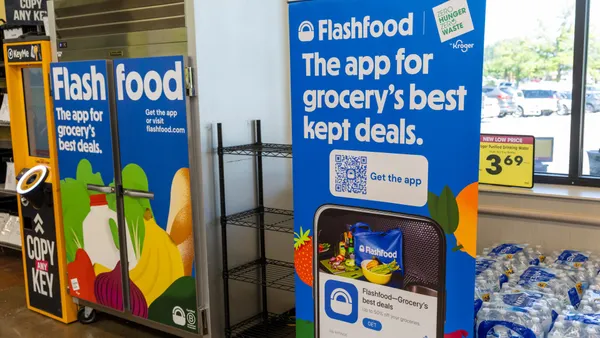The National Grocers Association (NGA) and FMI — The Food Industry Association (FMI) are both throwing support behind newly proposed legislation they say would address cost-prohibitive fees on EBT transactions.
The Ensuring Fee-Free Benefit Transactions (EBT) Act would prohibit processing fees tied to EBT cards from being imposed on retailers or SNAP participants. It would also protect retailers from the financial burden of a migration to EBT chip cards, FMI said.
NGA said the proposed legislation protects many community and family-owned grocers. As the USDA works to modernize EBT with chip cards and mobile payments, the legislation would ensure each party pays their share of the costs, preventing federal or state governments and processors from passing costs down to retailers, NGA said.
The legislation, which would amend the Food and Nutrition Act of 2008, was introduced this week by Rep. Shontel Brown, D-Ohio.
“Retailers continue to invest significant resources to participate in SNAP, including bearing the cost of equipment updates, software, and training for store associates. The imposition of processing or other related fees and costs outside of our control would be an unfair burden on retailers,” FMI Chief Public Policy Officer Jennifer Hatcher wrote in a letter endorsing the legislation.
Hatcher said that EBT fees could cause shelf price increases or lead to some stores feeling like they can’t participate in the SNAP program.
Processing or other related fees on EBT have never been imposed on retailers or consumers, Hatcher noted, and the proposed legislation would provide a permanent ban. The 2018 Farm Bill banned processing fees on EBT transactions through 2023.
On Wednesday, the legislation was referred to the House Committee on Agriculture.
Correction: A previous version of this story referred to FMI — The Food Industry Association by its old name.












